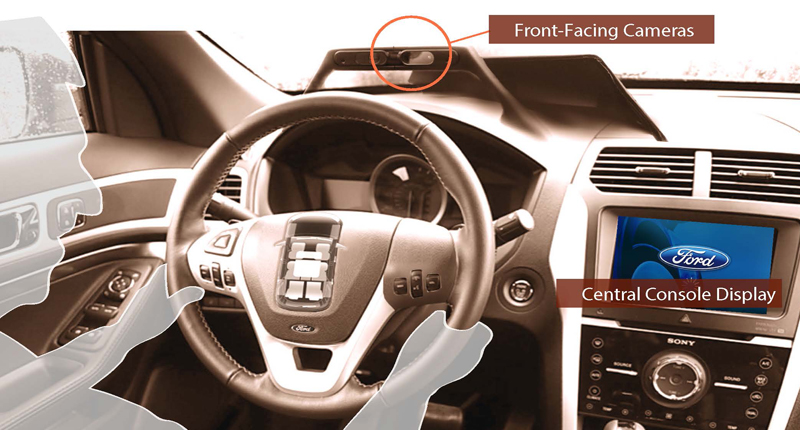Inbox icons, subject line sorcerers, CTA kings – the results are in. The 2025 You Mailed It Awards by Everlytic have crowned their champs, with Old Mutual Rewards and Machine_ taking…
Drive angry (or don’t): Ford could soon customise your drive according to your emotions

This is interesting and more than a little bit scary all at once. Ford is apparently testing facial recognition technology that will allow it to adjust your driving settings based on the mood you’re in.
The new technology, called Mobii, is a joint venture between the Dearborn-based automaker and Silicon Valley stalwart Intel. Essentially, what the two companies are trying to do is look at ways that interior facing cameras could be used to enhance the driving experience. It also aims to see how those camera could be integrated with sensor technology and data already generated within and around the vehicle to create a “more personalised and seamless interaction between driver and vehicle”.
“Our goal with the Mobii research is to explore how drivers interact with technology in the car and how we can then make that interaction more intuitive and predictive,†said Paul Mascarenas, chief technical officer and vice president, Ford Research and Innovation. “The use of interior imaging is purely research at this point; however, the insights we’ve gained will help us shape the customer experience in the long-term.â€
Don’t be surprised if Ford starts sticking interior cameras in future cars though. The company already uses them extensively on the outside of a number of its models for features such as lane-keeping assist and lane departure warning.
Interestingly, given the kind of technology being used, Ford also reckons that Mobii could enhance in-vehicle privacy. We guess we can understand what it means if the car is owned by a company and driven by multiple people. In that instance, they would be able to sync their individual calendars and contacts without anyone else being able to see it.
If Project Mobii does not recognize the driver, a photo is sent to the primary vehicle owner’s smartphone. That owner can then set permissions and specify features that should be enabled or disabled. If the driver is the child of the vehicle owner, for example, restrictions could be automatically set to require safety belt use and to limit speed, audio volume or mobile phone use while driving.
Ford also reckons that Mobii could help it improve gesture control in future vehicles, because apparently a “combination of natural gestures and simple voice commands can simplify such tasks as turning the heat up and down, or opening and closing a sunroof while driving”.

